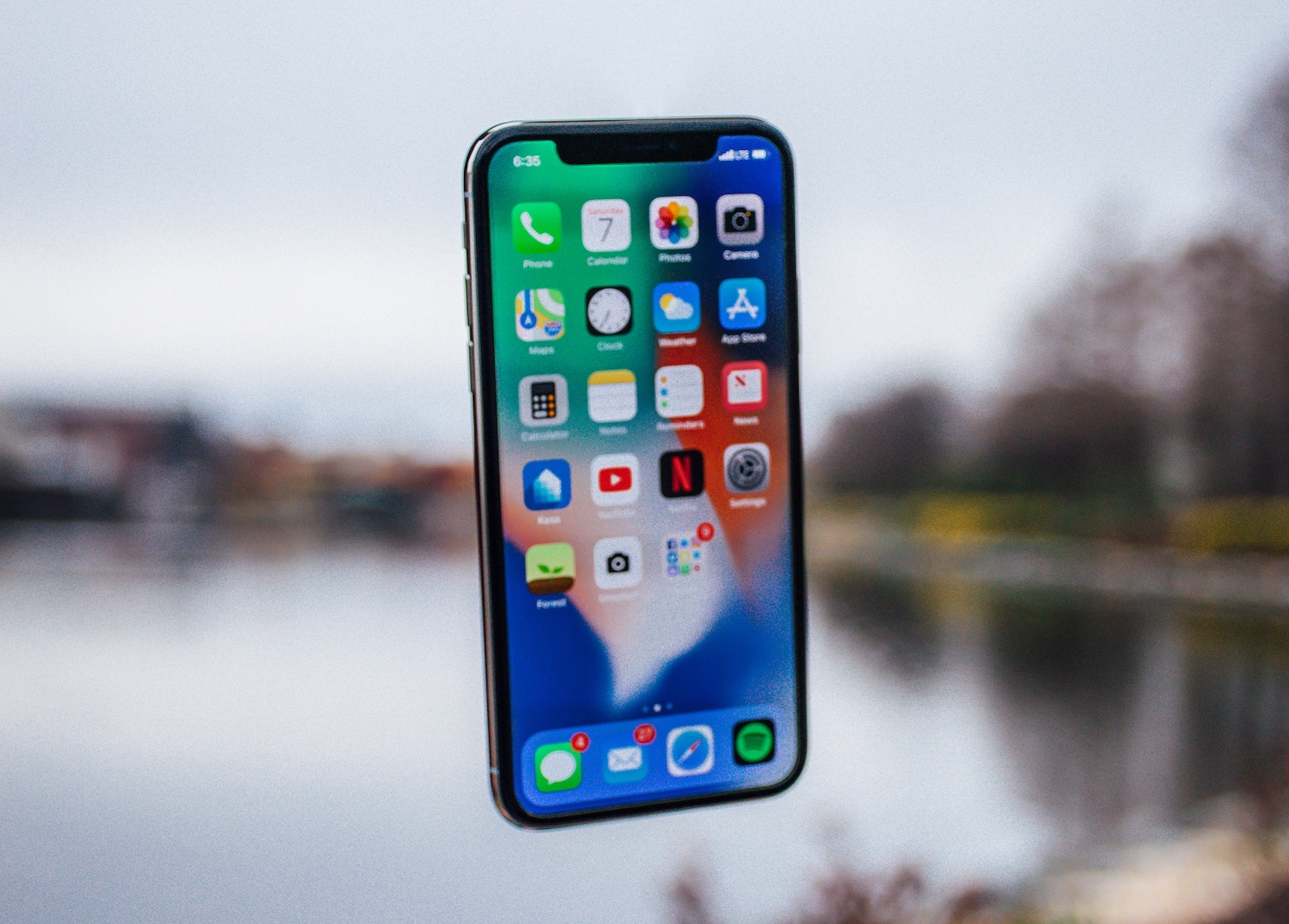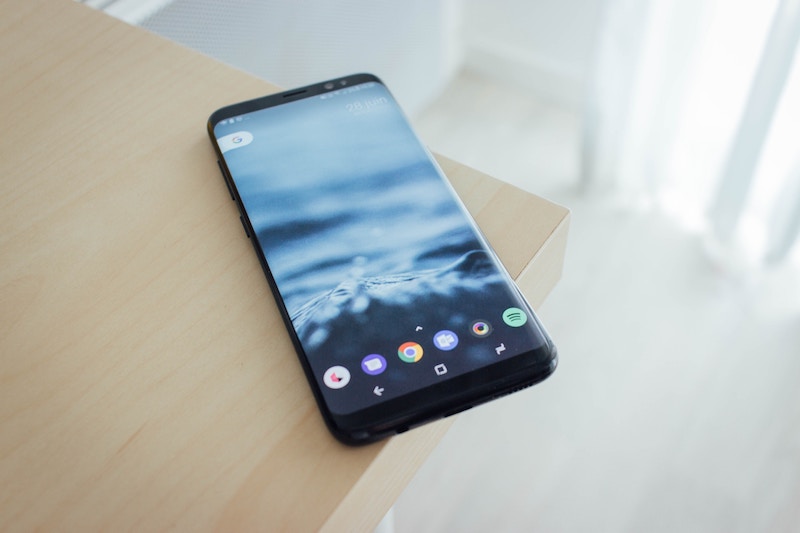
I’ve recently started a new Ionic project, where we are already using Ionic v4. Through chatting with the team, I’ve realised that being an Ionic developer is a specialist role and by working as a developer in such a specialist role there is more to it than being able to code.
When a company decides that they are going to be developing their new mobile project in Ionic, they are making an investment in a technology that is not yet the norm for building mobile apps. They have spent the time to look into alternative ways for creating their app, they need to be sure that the road they are going down will mean that the app being built can fulfil all the business needs that they have for the app.
With native app development, the path has been proven. There are tons of examples of business apps developed in Swift or Java that show whatever the company’s needs are a native app can be built to meet those needs. But as we know as a hybrid developer, there are a few drawbacks from building native apps. There is cost, there is timescales and availability of development skills. All things to think about when deciding what to use to get their app built.
So when a business has decided that they want their app built using Ionic as the ‘Ionic developer’ who is working on the project you are seen as the expert. Not only should you be able to develop an app with Ionic, but you need to be able to guide the business through the process of having building a hybrid app.
The sort of advice you will need to help the business with could include, how will the app perform in relation to other apps they may have seen? You may have to convince the business that the app is fast, or appears fast to the user. How will you add features that show the app is fast? You’ll have to suggest ways like having loaders when data is being retrieved, showing update messages when a form is being submitted. Do you know how to partially load data into the view, so the user sees something as soon as data has been received.
You have to also show them how an Ionic app will be deployed. What are the various options? Are they going through the App Store or are they looking to use the Ionic Pro tools, do you know what the Pro Tools do? If they are using them you’ll have to help with the deployment stage.
Security is an important part of any business app, so you’ll have to know about the different approaches there are to securing an Ionic app. You’ll have to be able to advise on what Cordova plugins could be used to store data securely. You may also need to what other options they could use to secure an app. Is biometrics an option, could they use the native finger print reader within the app? How would you suggest API tokens are stored and passed with every API call?
If the business has an existing design style, how will that work within a mobile app? Does it work across all platforms and still look and feel as a native app should for the user? You will have to give the business advice on how the app will look in order to work for the user, without trying to tell a professional designer, who knows more than you do, how to design.
There are a lot of questions that a business will have when going through the process of having an Ionic app developed. As the Ionic developer you need to be able to guide the business through this process. It’s not just a case of just sitting behind a monitor with you headphones on writing Ionic code, you need to actively work with the business in all aspects of building the app.
But there is more we can do as Ionic developers. We can write blog posts on how we solved these types of questions. There are many brilliant blog posts on how to create an app with Ionic, but there aren’t many about how an Ionic developer has used the framework and the tools Ionic provides to solve a business need.
I’d like to see more blog posts on how security was built into an app, how data is stored securely in the app. What methods someone used to shows that the app is performing really fast, how was this monitored? What ways was the UI setup to show to the user the app was performing well for them?
There are many examples of posts about the setting up and building of an app and this will continue now we have Ionic 4 coming out with its support for multiple frameworks. I’m in the process of writing a book about Angular and Ionic, where I go through the basics of creating an Ionic app. This is all great for new developers coming to Ionic, the more we have the better.
But I think we also now need to show how we as Ionic developers are using what the framework provides to show businesses and enterprise level companies how Ionic can be a viable option for their next business application.
As Ionic developers we need to be this guide for businesses as well as developers. With Ionic 4 coming soon its time we stop telling each other how great Ionic is and now start telling businesses how great an option Ionic is for their next app.

